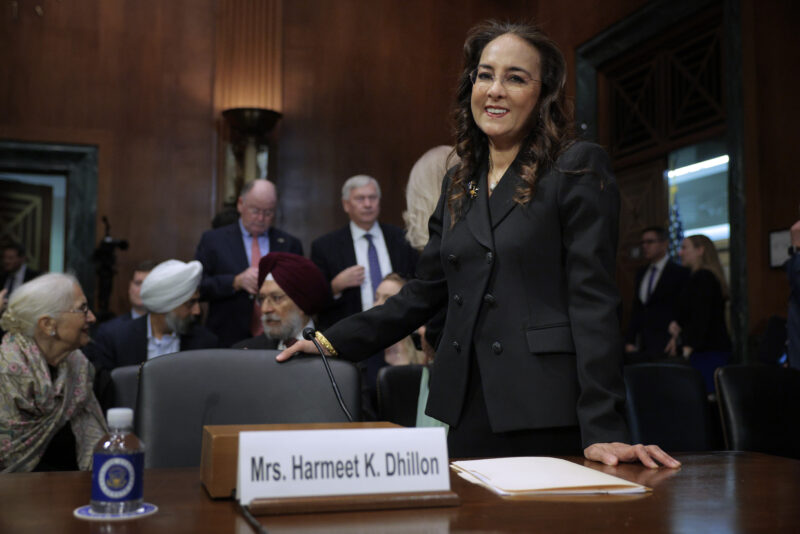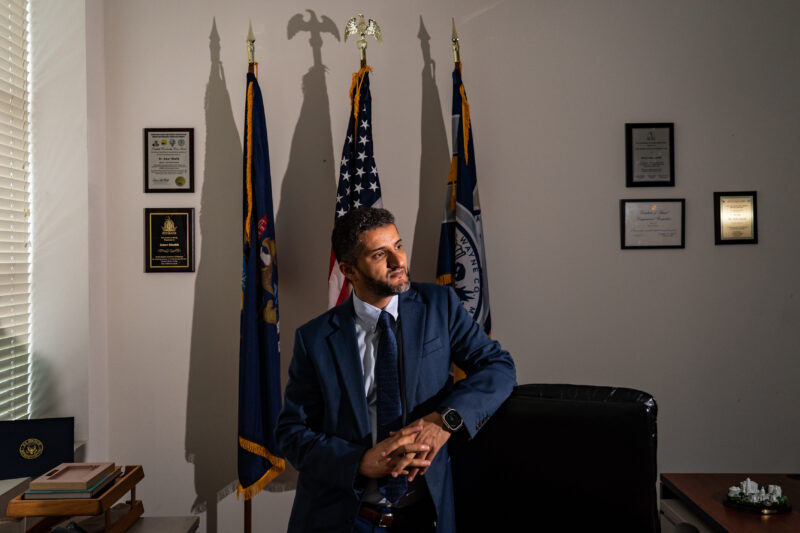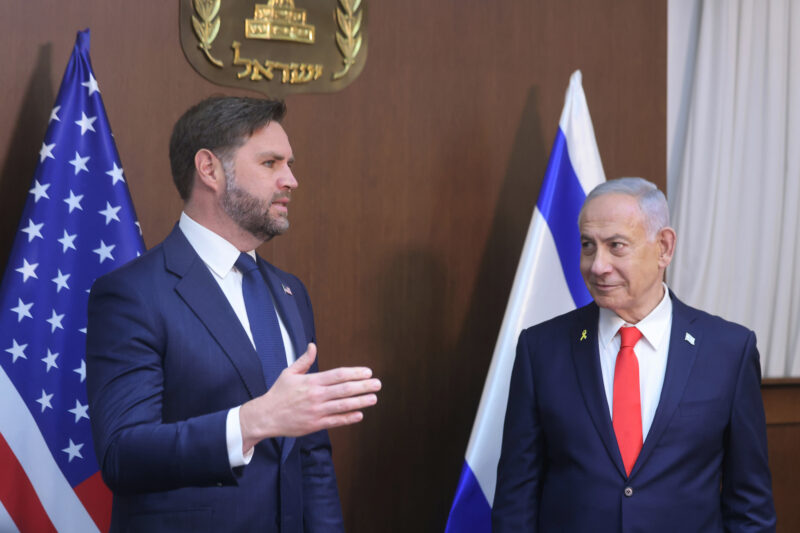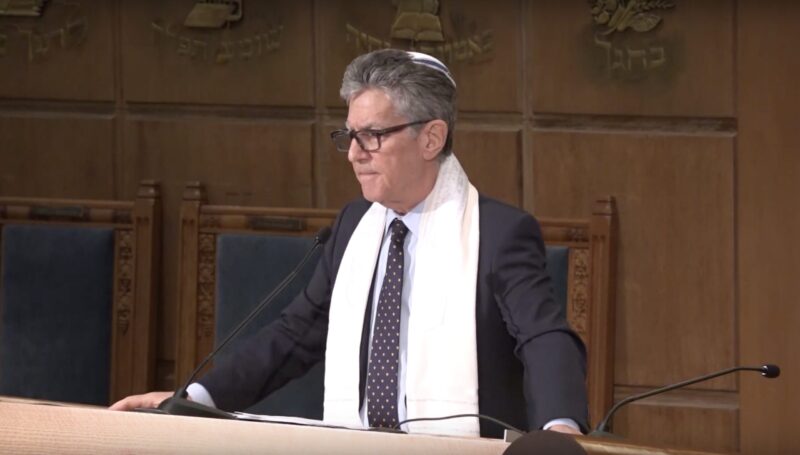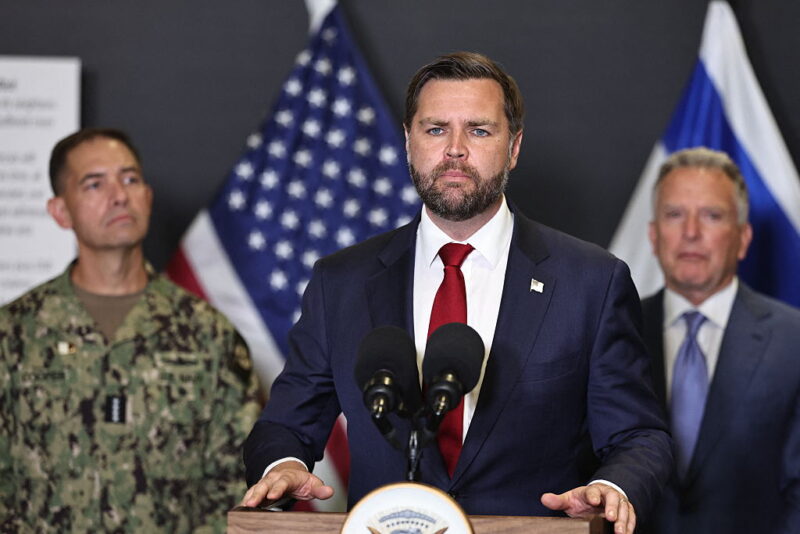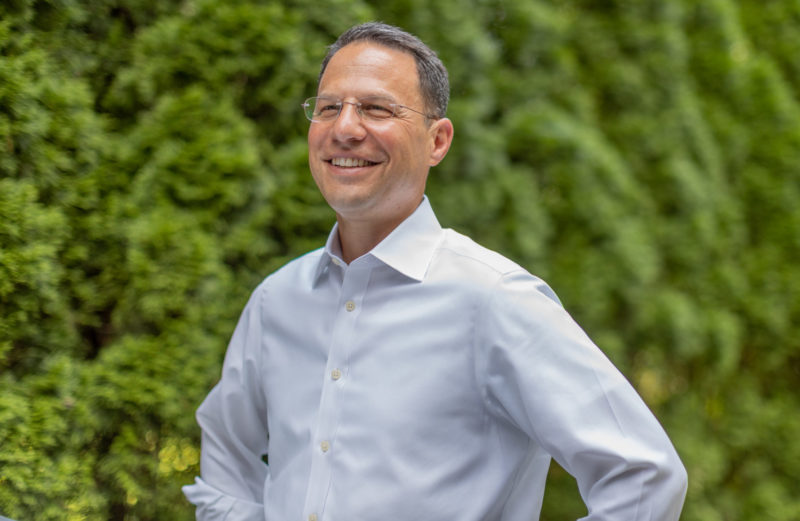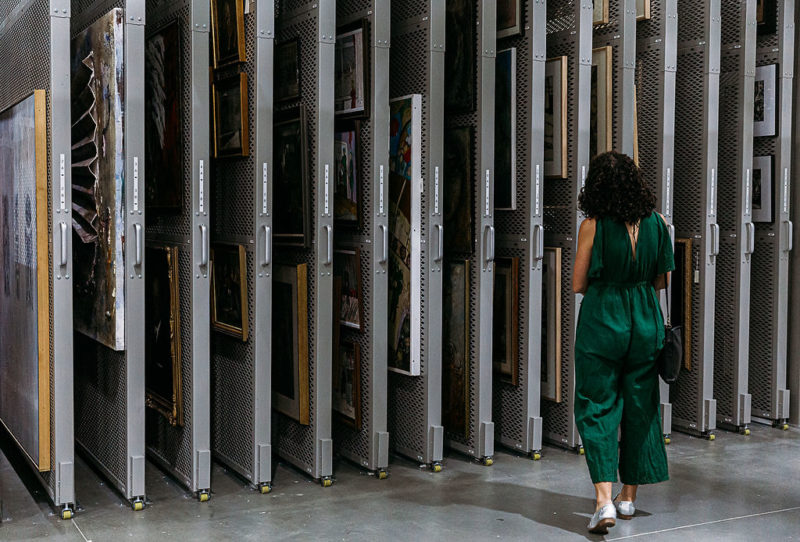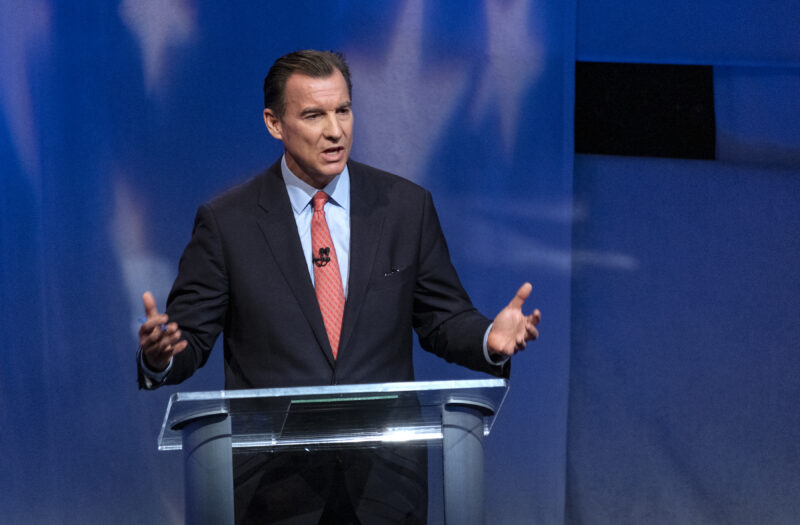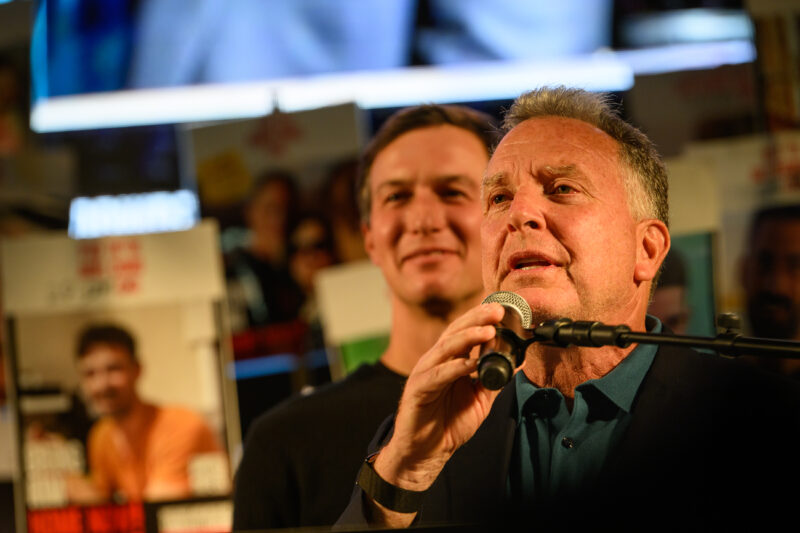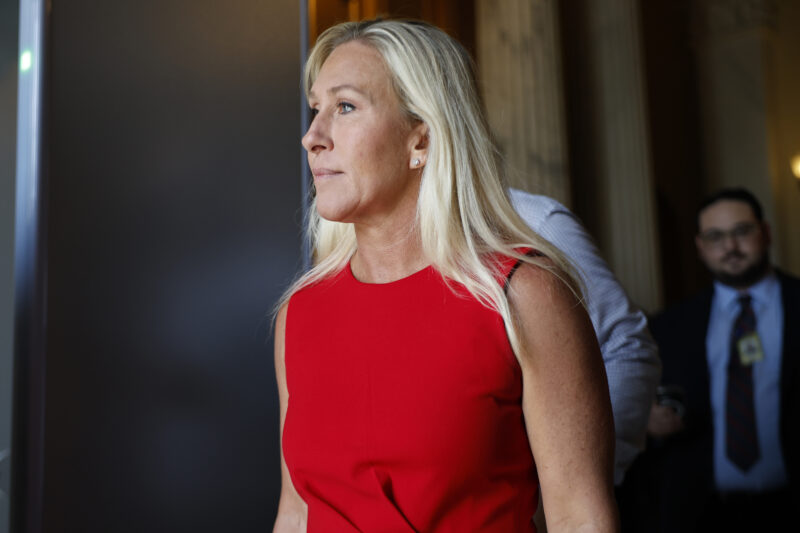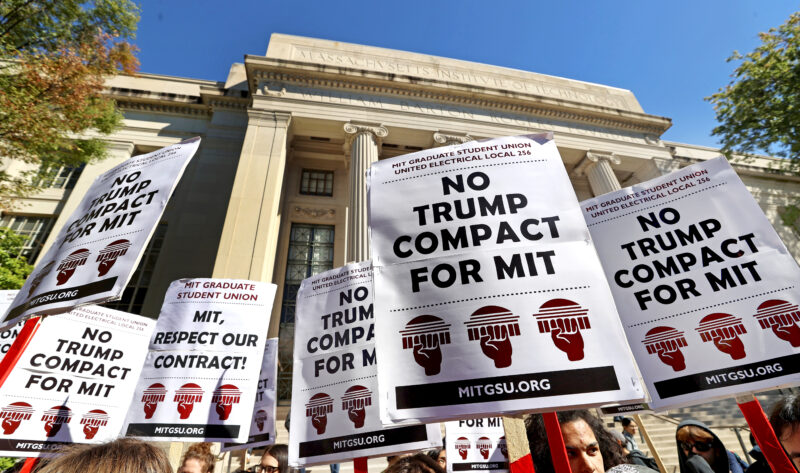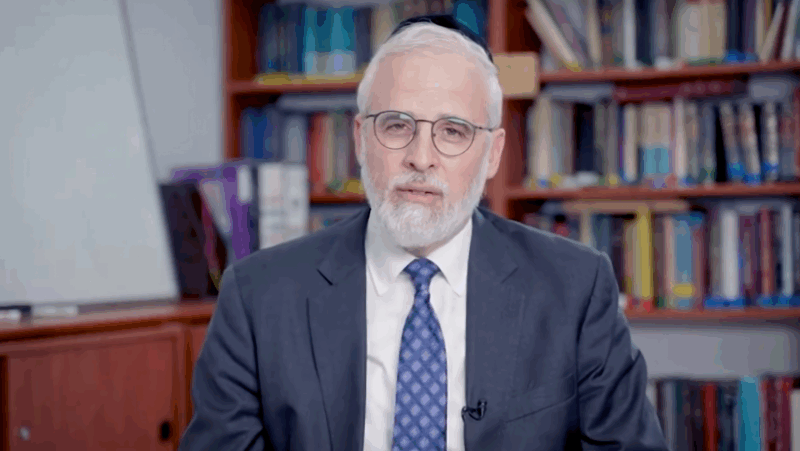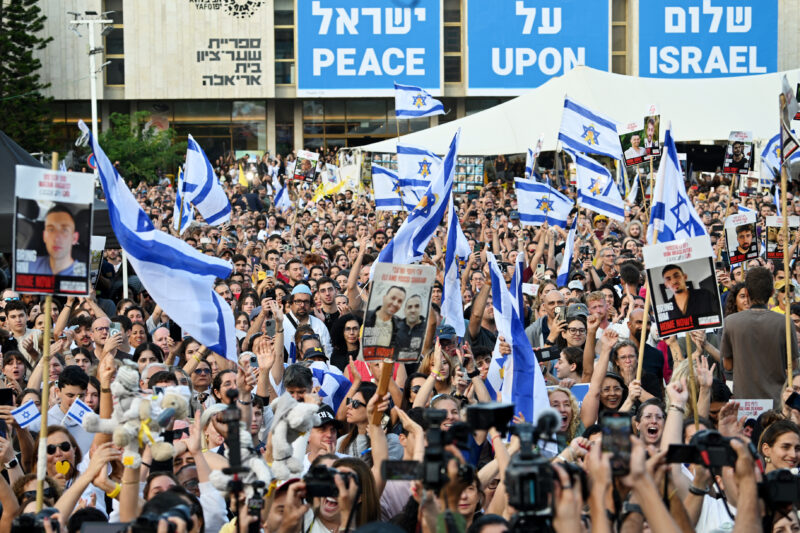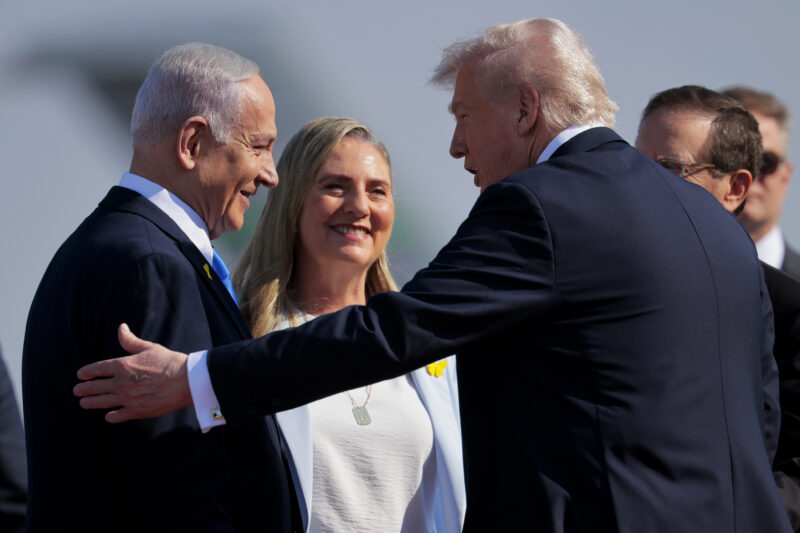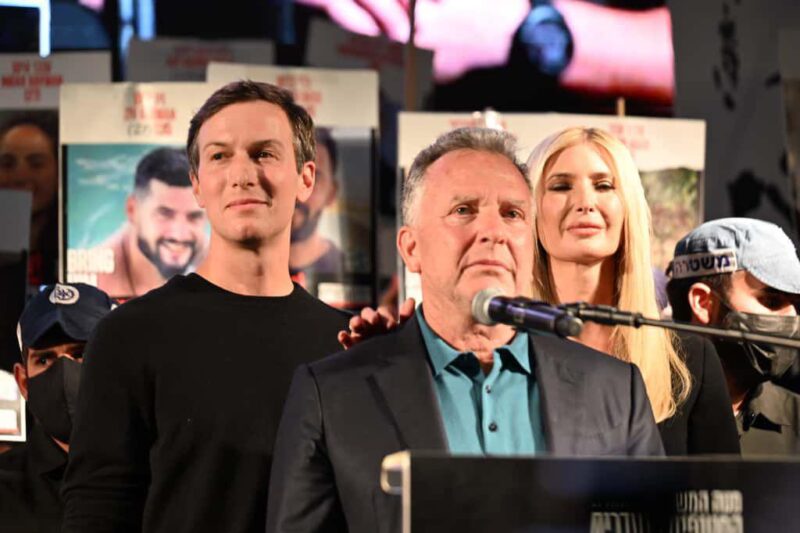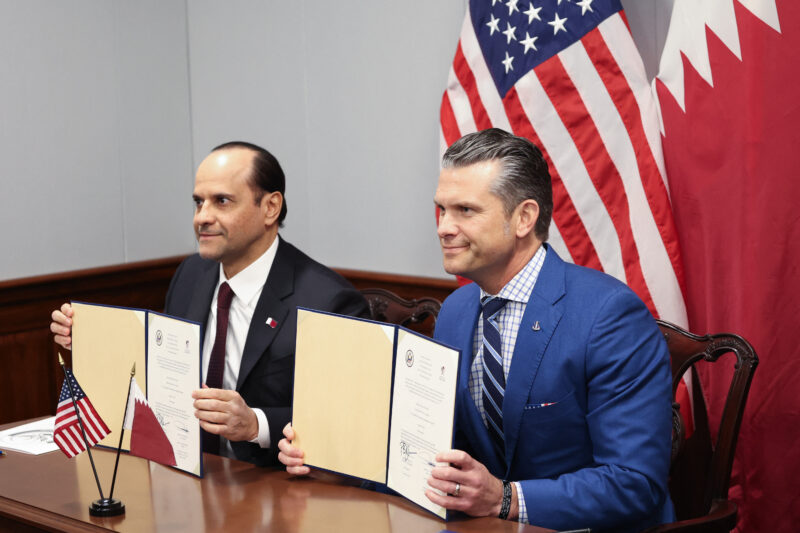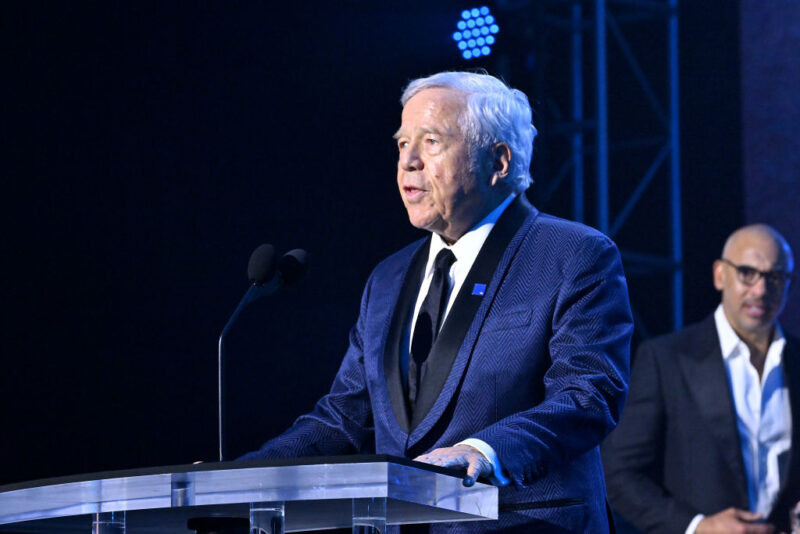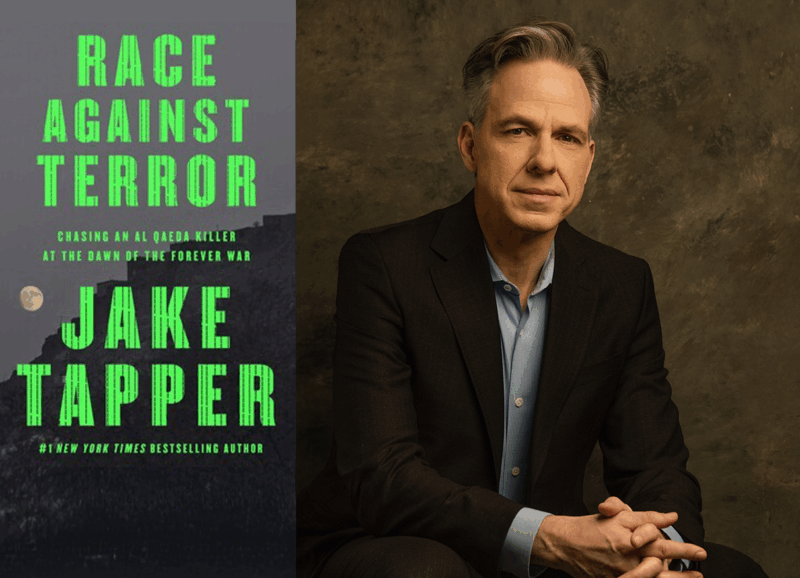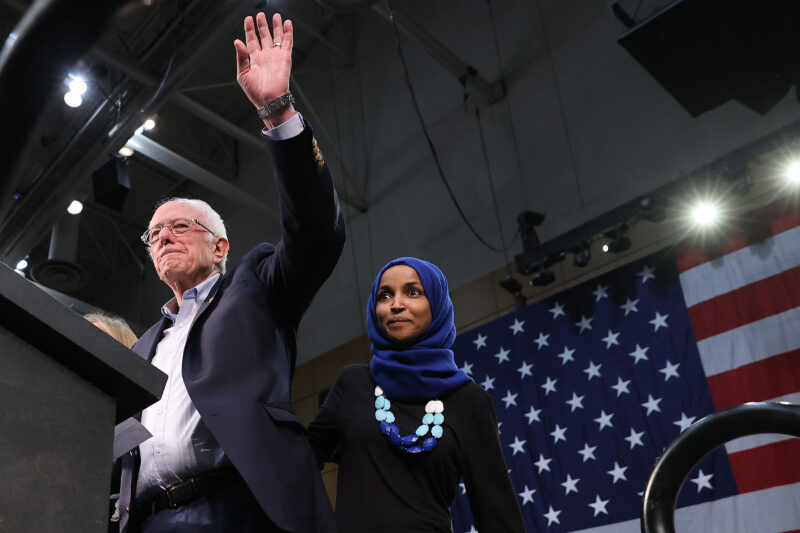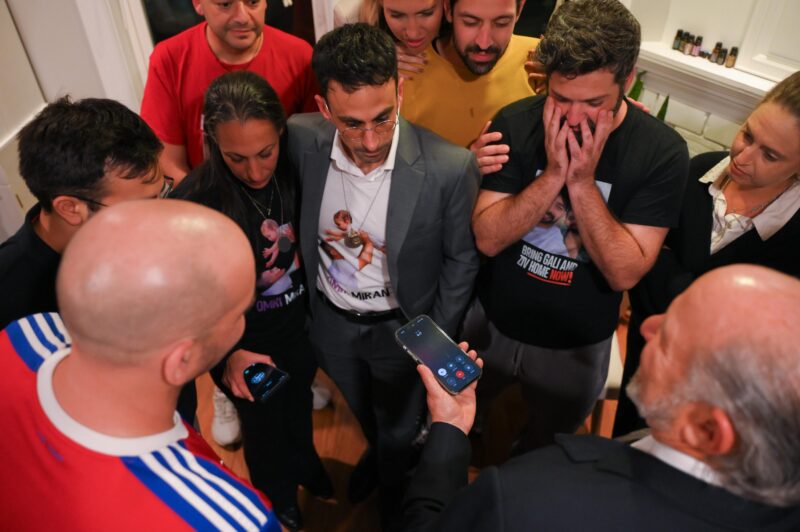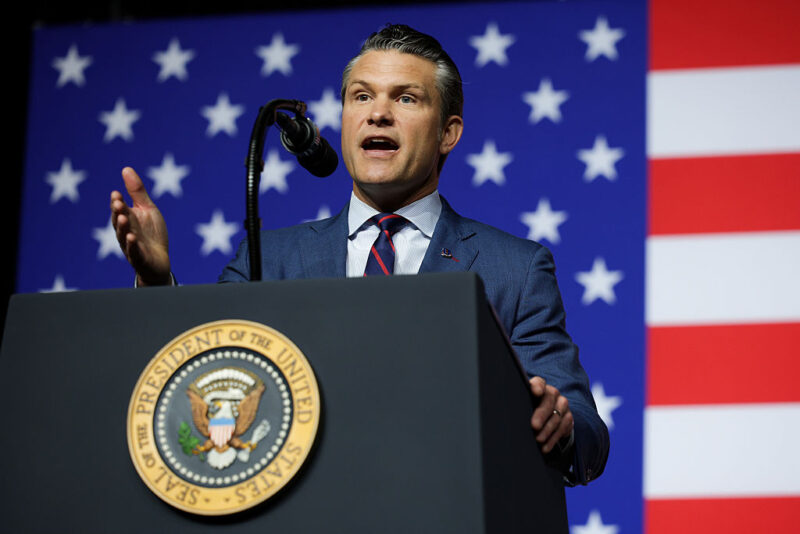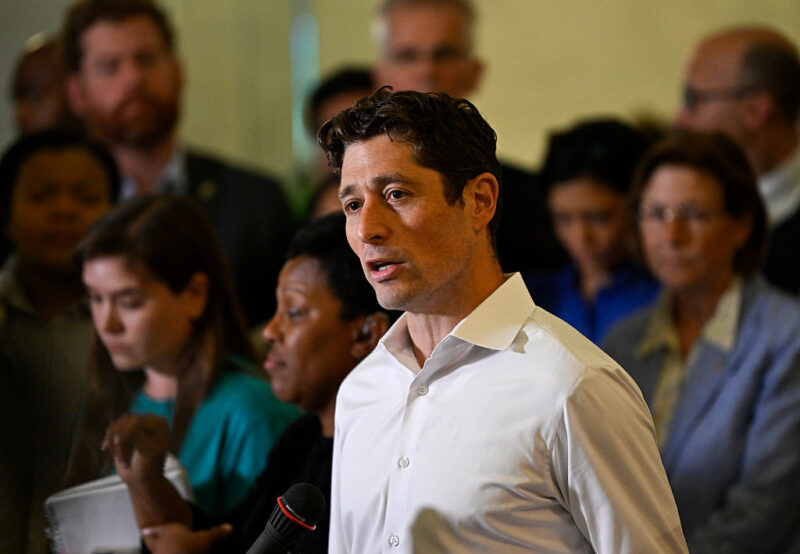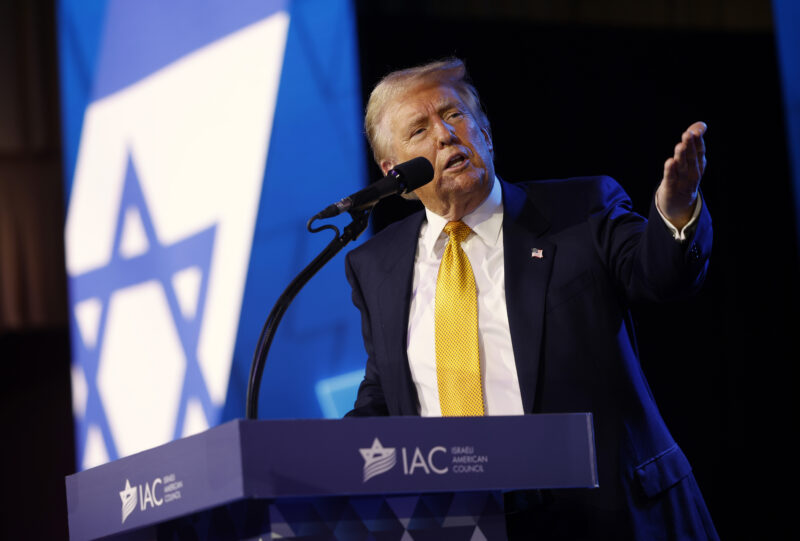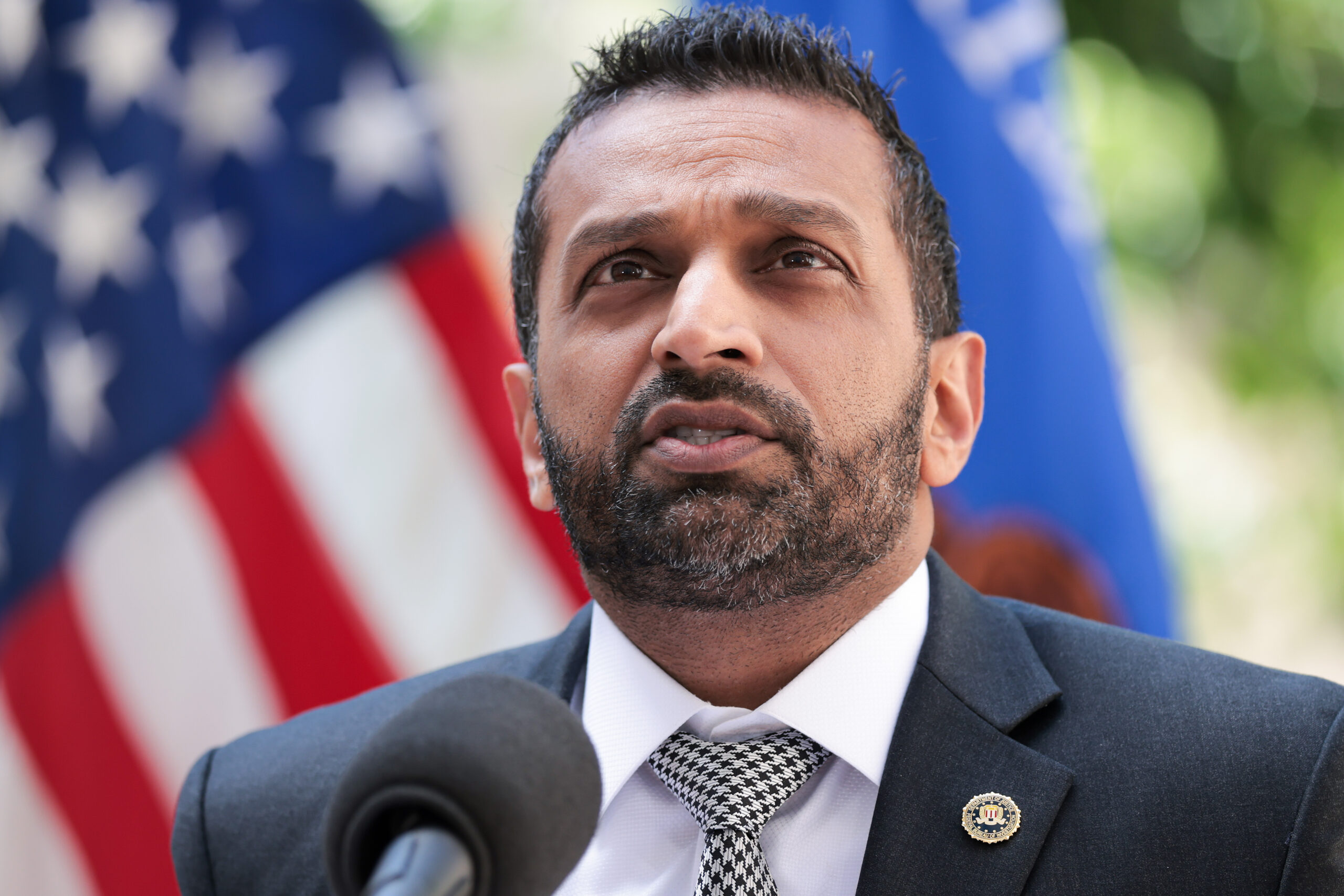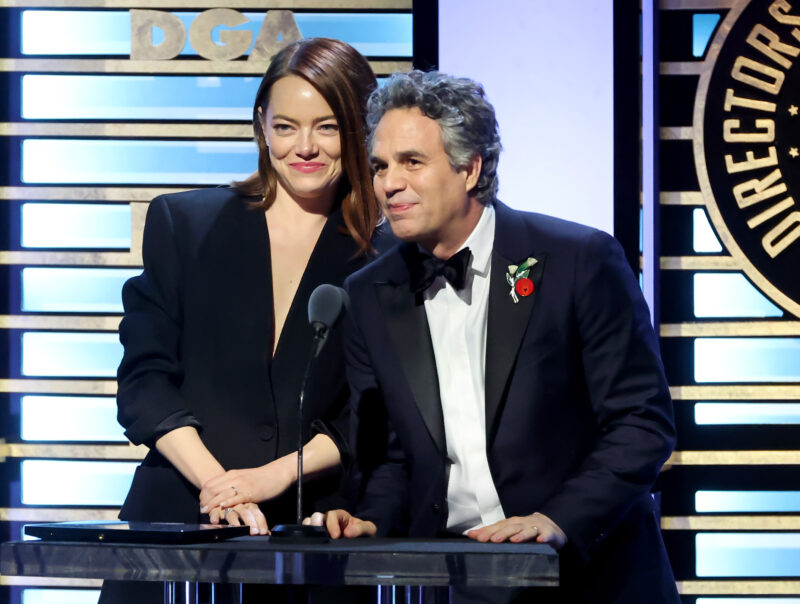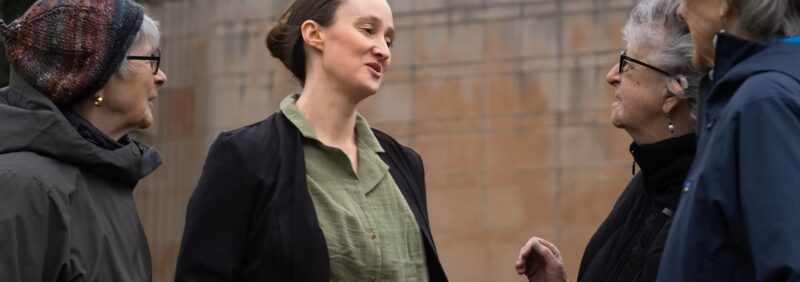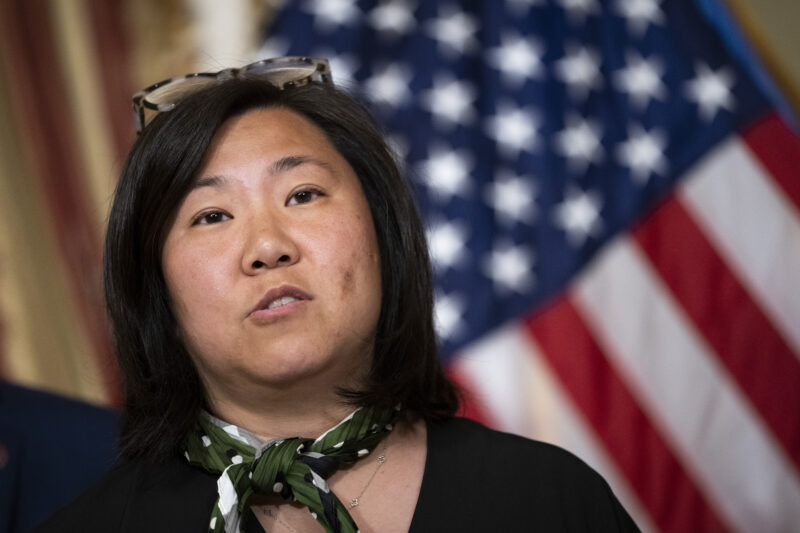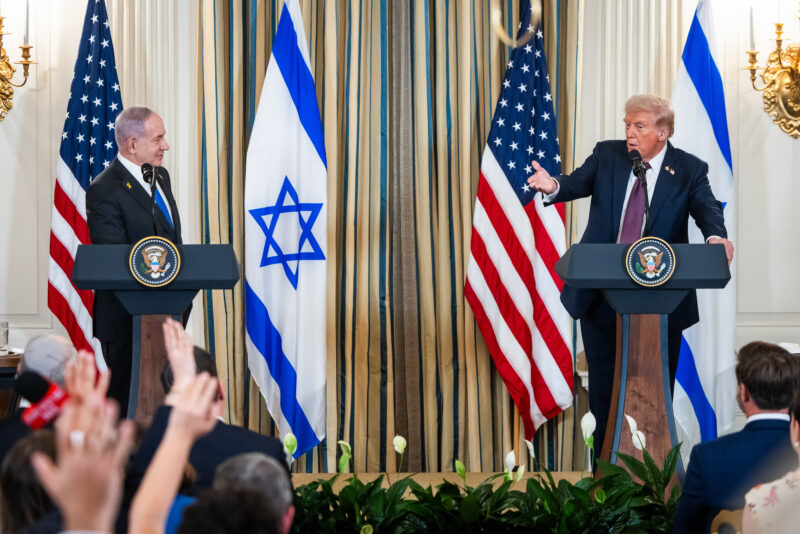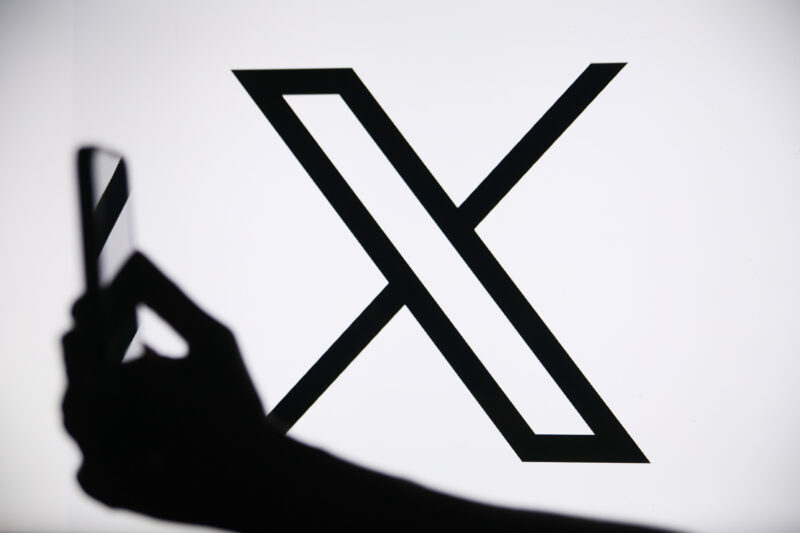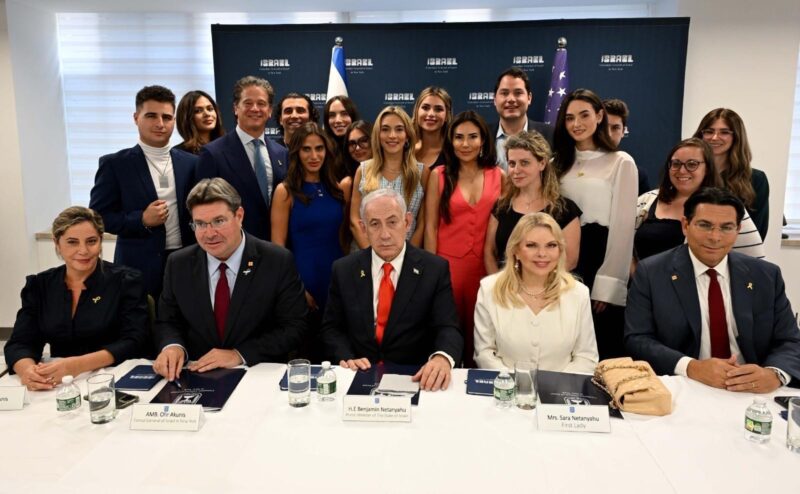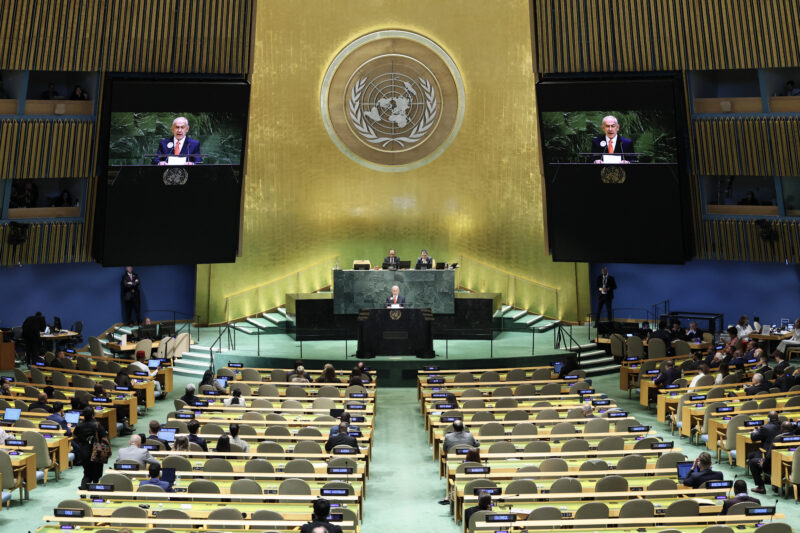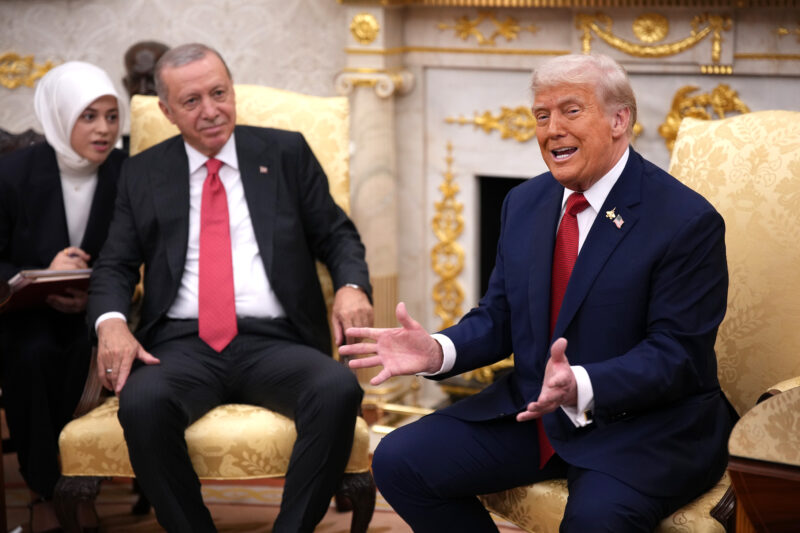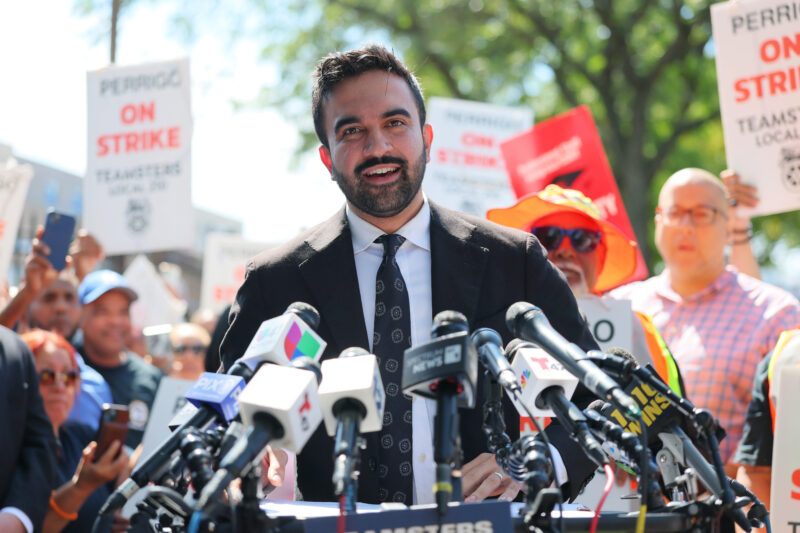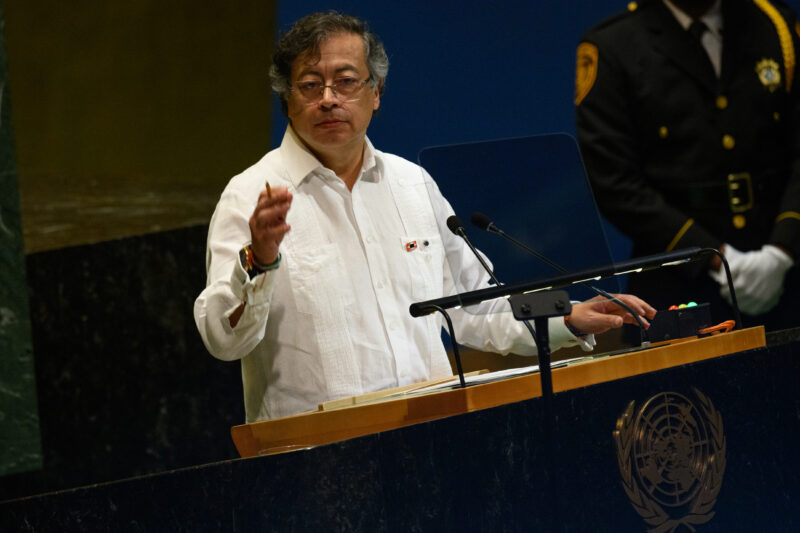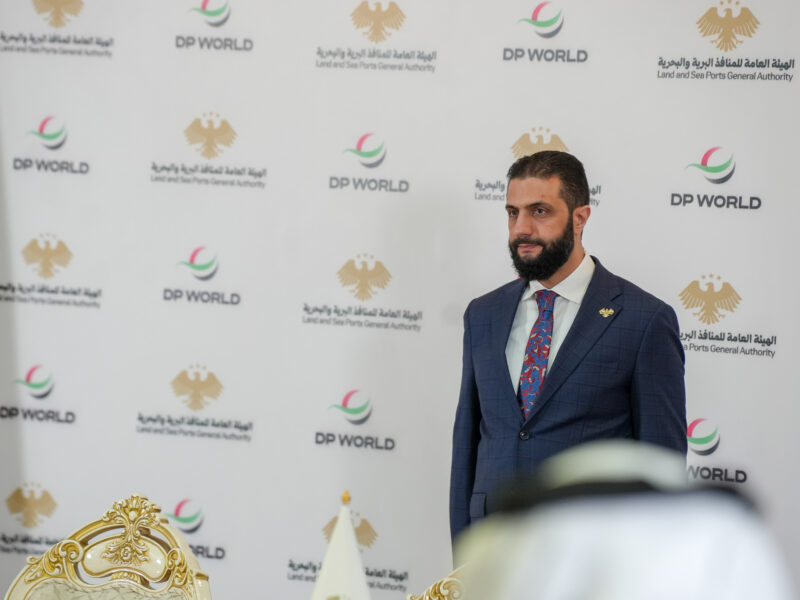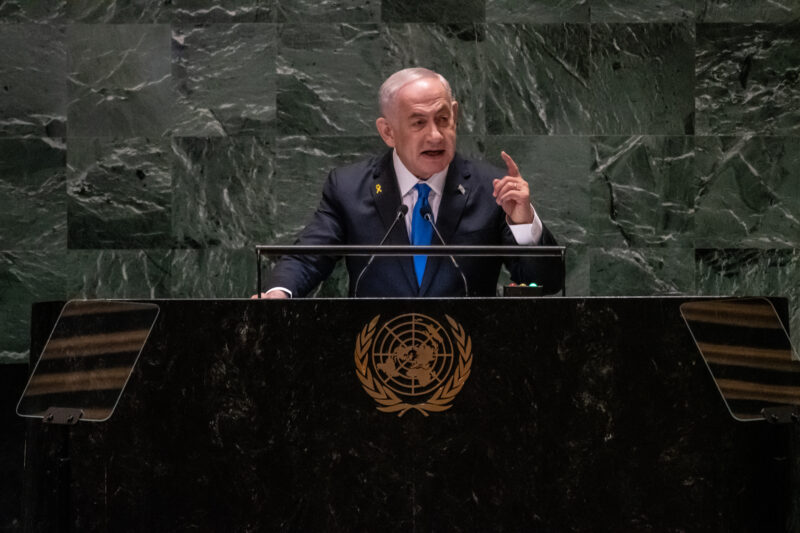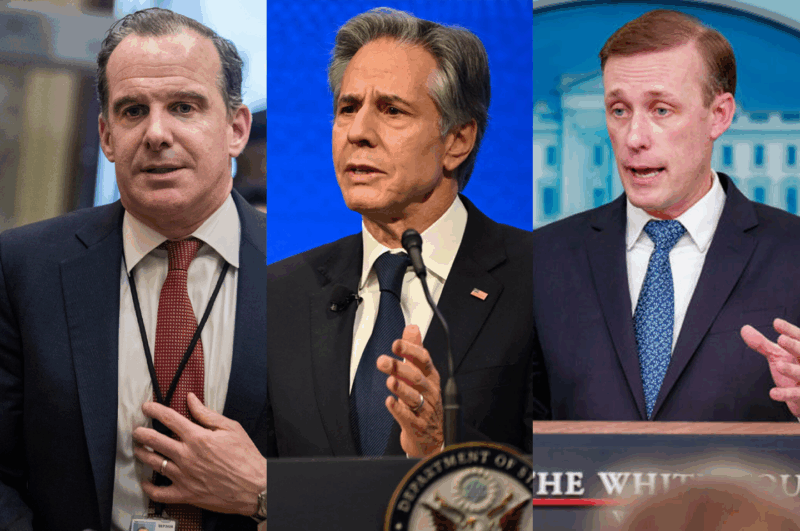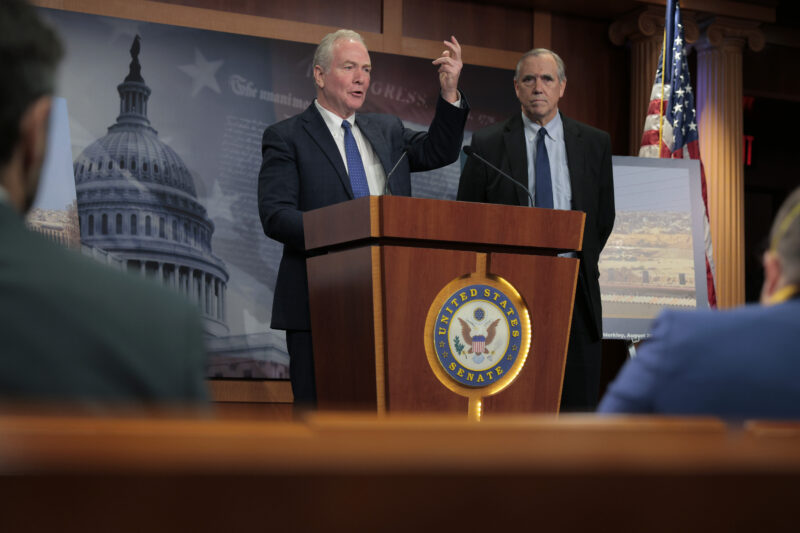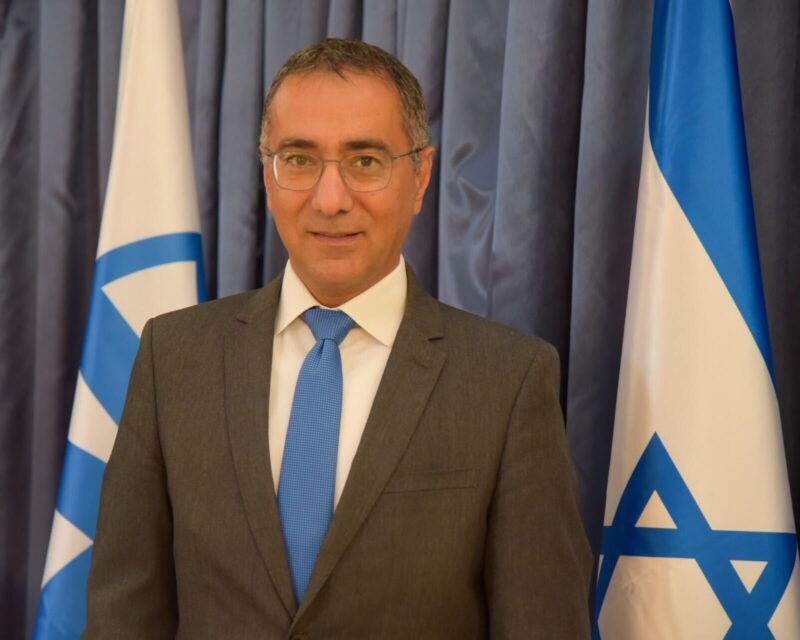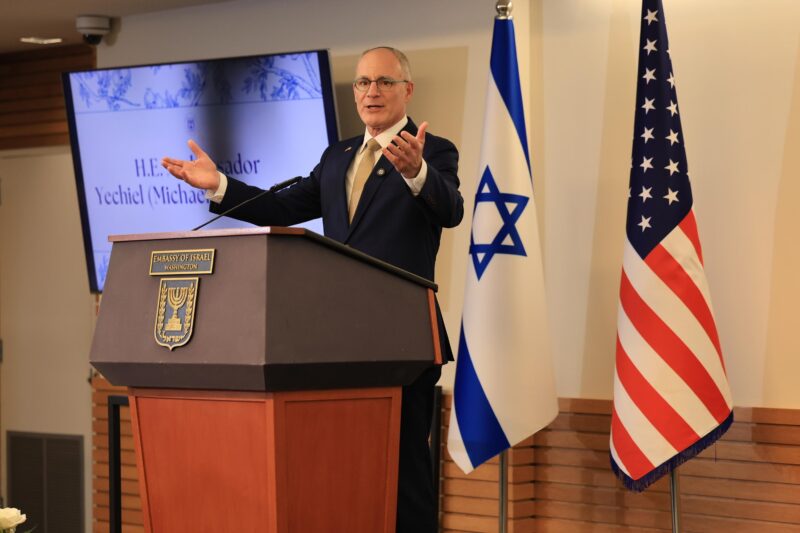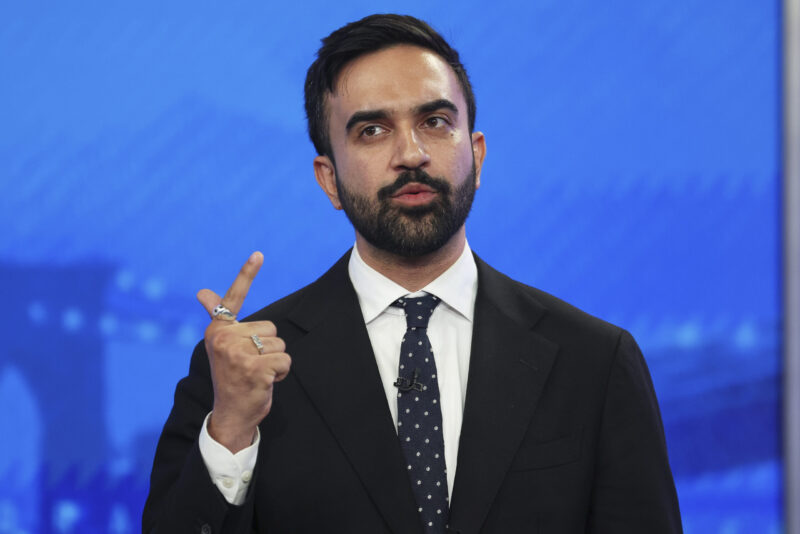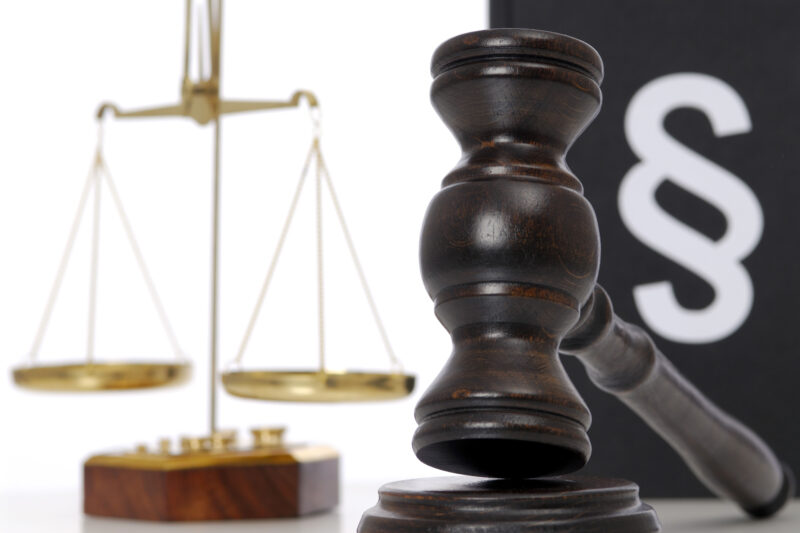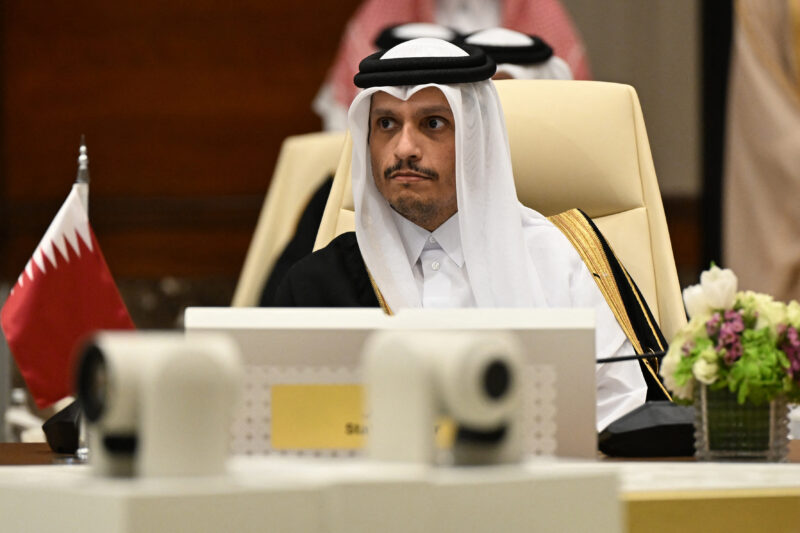Sports becomes new battleground in wartime anti-Israel campaigns
Israeli sports and culture minister blames Qatari money after soccer player’s arrest in Turkey, the latest in a series of anti-Israel incidents in international sports since Oct. 7
Ahmad Mora/DeFodi Images via Getty Images
Sagiv Jehezkel of Antalyaspor in action during the Turkish Super League match between Fenerbahce and Antalyaspor at Ulker Sukru Saracoglu Stadium on September 17, 2023, in Istanbul, Turkey.
When Israeli soccer player Sagiv Jehezkel landed in Israel on Monday, following his release from jail for displaying the message “100 days 7.10” in support of hostages held by Hamas in Gaza on his bandage, his personal ordeal likely came to an end.
But Jehezkel is just one of several Israeli and Jewish athletes facing discrimination and harassment in light of Israel’s war with Hamas – a phenomenon that Israeli Culture and Sports Minister Miki Zohar suggested to Jewish Insider may be tied to “involvement of a lot of Qatari money.”
Jehezkel, who plays right-back and winger for Antalyaspor, displayed the message written on his bandaged hand after scoring a goal on Sunday, sparking an immediate angry reaction from fans. Within minutes, the team announced plans to cancel his contract, as well, tweeting that they “condemn [his] unacceptable behavior.” The Israel Football Association chartered a plane to bring Jehezkel home, but before they could get to him, he was interrogated by police. The player was brought before a judge on Monday morning, who released him until the end of proceedings.
After Jehezkel’s return, Israeli soccer player Eden Kartsev, who plays for Bshakshehir F.K. in Istanbul, was arrested on Monday evening for “violating the sensibilities of the country,” according to the team. Kartsev shared a story on Instagram marking 100 days since Hamas kidnapped hostages, along with #BringThemHomeNow. He is expected to return to Israel on Tuesday and plans to sue his team.
There is one other Israeli soccer player still playing in Turkey, as well as two Israeli basketball players.
The International Ice Hockey Federation removed the Israeli team from its competitions last week, “until the safety and well-being of all participants (including Israeli participants) can be assured.” The decision came following pressure from Russia on the IIHF chairman, Luc Tardif, according to The Jerusalem Post.
Attorney Dahlia Bushinsky, who is representing the Israeli Olympic Committee, petitioned the IIHF’s internal court on Monday, she told JI, and is prepared to bring an appeal to the Court of Arbitration for Sport if the case is rejected.
Cricket South Africa also cited the issue of “safety” in light of the war in Gaza when it announced on Friday that it was demoting David Teeger, the Jewish captain of the under-19 squad, ahead of the Cricket World Cup set to be held in the country this week.
There have been attempts to ban Israelis from international tournaments for years, and the claim that it is for their own safety is not a novel one. Israel plays in European leagues, because many Middle Eastern and Asian countries refuse to host Israeli athletes, and sportsmen and women from countries such as Iran have forfeited matches rather than play against Israelis.
Zohar, the sports and culture minister, lamented that “some of the sports organizations are unfortunately not showing sympathy or empathy for Israel’s complex situation since Oct. 7.”
“The involvement of a lot of Qatari money in athletics leads to bias in many international sports organizations,” Zohar said.
Qatar, which harbors Hamas’ leaders, has long faced accusations of “sportswashing” – using large investments in international sports to burnish its reputation and hide human rights abuses – the pinnacle of which was when it hosted the 2022 World Cup.
Israel uses “secret channels” to push back against discrimination in sports because doing so in an attention-getting manner may hurt Israeli athletics, Zohar said.
“There is a real danger that if there will be politics in international sports organizations, it will threaten Israel’s ability to participate, and I don’t want that to happen. We need to show restraint,” he said.
Aviv Bushinsky, a former spokesman for Israeli Prime Minister Benjamin Netanyahu and chairman of the Israel Squash Association, expressed similar concerns over the politicization of sports.
Bushinsky and the ISA sued the World Squash Federation and the Squash Racquets Association of Malaysia at the Court of Arbitration for Sport in 2021, after Israelis were barred from competing in the world championship in Kuala Lumpur. Despite losing the case, Malaysia refused to allow Israeli athletes into the country, leading to the tournament’s cancellation.
Bushinsky noted that months later, Russia was banned from competing in the Olympics following its invasion of Ukraine.
“That was a historic mistake,” he said. “It created a precedent. Go explain why you can ban Russia but not Israel. The world brought politics into sports.”
“We think that we’re right and the war in Gaza is the most justified in the world, but other people have the right to think otherwise,” he added. “This creates a serious problem. The moment you legitimize a little politics in sports, it’s a slippery slope.”
Bushinsky called to “draw a clear, coherent line separating politics and sports, or this will continue happening.”
While individual athletes should be allowed to express their opinions, any institution, whether a team, a league or an international body, that brings politics into its decisions should suffer consequences, he argued.
Zohar, who spoke on the condition that his remarks be published after Jehezkel’s arrival in Israel in order not to endanger his release, expressed concerns specifically about Israeli athletes playing in Turkey. He said he called on athletes to return to the Jewish state in October after Turkish President Recep Tayyip Erdogan gave a fiery speech against the war in Gaza.
“Turkey’s behavior is very problematic,” he said. “They are actively supporting and hosting Hamas’ people on their land, members of a Nazi terrorist organization [Hamas] that wants to harm Israel.”
The minister warned that Erdogan is part of an axis that includes Iran and Hezbollah and said that Israel needs to rethink its future relations with Ankara.
As for whether the Israeli Culture and Sports Ministry is helping Jewish athletes facing antisemitism at this time, Zohar said: “We care about the problems of every Jew in the world, Israeli or not.”
However, he called the case of the South African cricketer one in which “our help would do more harm than good.”
“It’s a country that clearly supports Hamas, as we saw in The Hague,” Zohar said, referring to the case South Africa brought before the International Court of Justice accusing Israel of genocide in the war in Gaza. “It’s a case in which the government is very biased. It would be a waste of our energy and we wouldn’t help,” he said, “but we will make sure that he does not face physical antisemitism that would endanger him or his family.”




